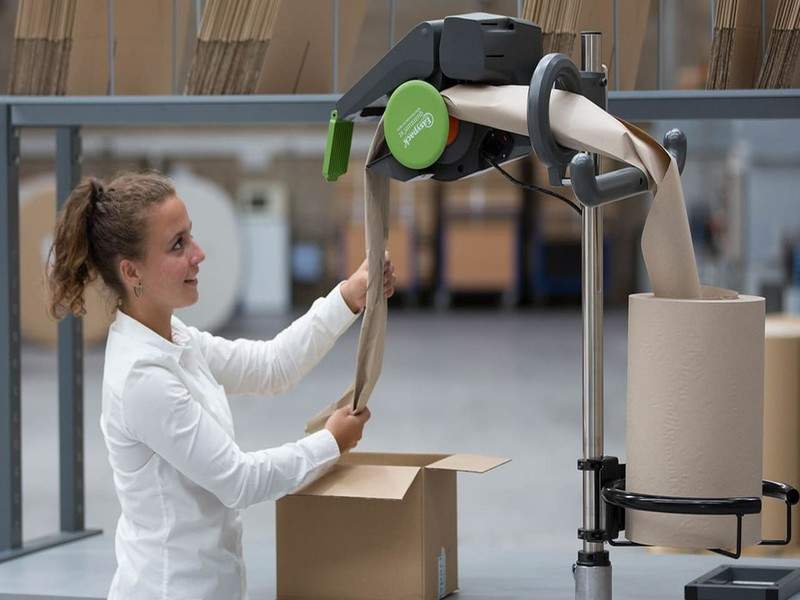
UK-based eco-friendly packaging solutions provider Easypack has unveiled a new high-speed void fill packaging system equipped with new patented technology.
The Quantum XT solution can be used to pack any product inside a box with recycled biodegradable paper.
It can be utilised to pack transportable retail products or items with unusual shapes, offering additional safety from damage.
Easypack Europe sales director Nick Wood said: “Quantum XT is a real advancement in void fill packaging.
“The patented technology is designed to meet the needs of an ever-growing e-commerce industry, offering outstanding reliability and flexibility while at the same time being environmentally friendly, it’s the perfect solution.”
The solution comes with a bladeless tear-assist that has been designed to ensure effortless and safe high-speed tear-off.
Its patented telescopic head design also enables the operators to adjust height, tilt and output direction, offering significantly packaging flexibility.
Between 400m and 660m recycled paper on each roll, operators can pack directly into the box with speeds of up to 1.8m per second.
Equipped with a user-friendly control panel, Quantum XT optimises efficiency by reducing paper roll changing time and allowing the operator to pre-select exact lengths and speeds to control the output with a foot pedal.
The system can also be moved from any location to another, based on convenience and requirement.
Quantum XT is the fourth packaging system to be launched by the company this year and further solutions are expected to be introduced next year.



